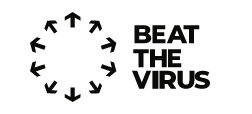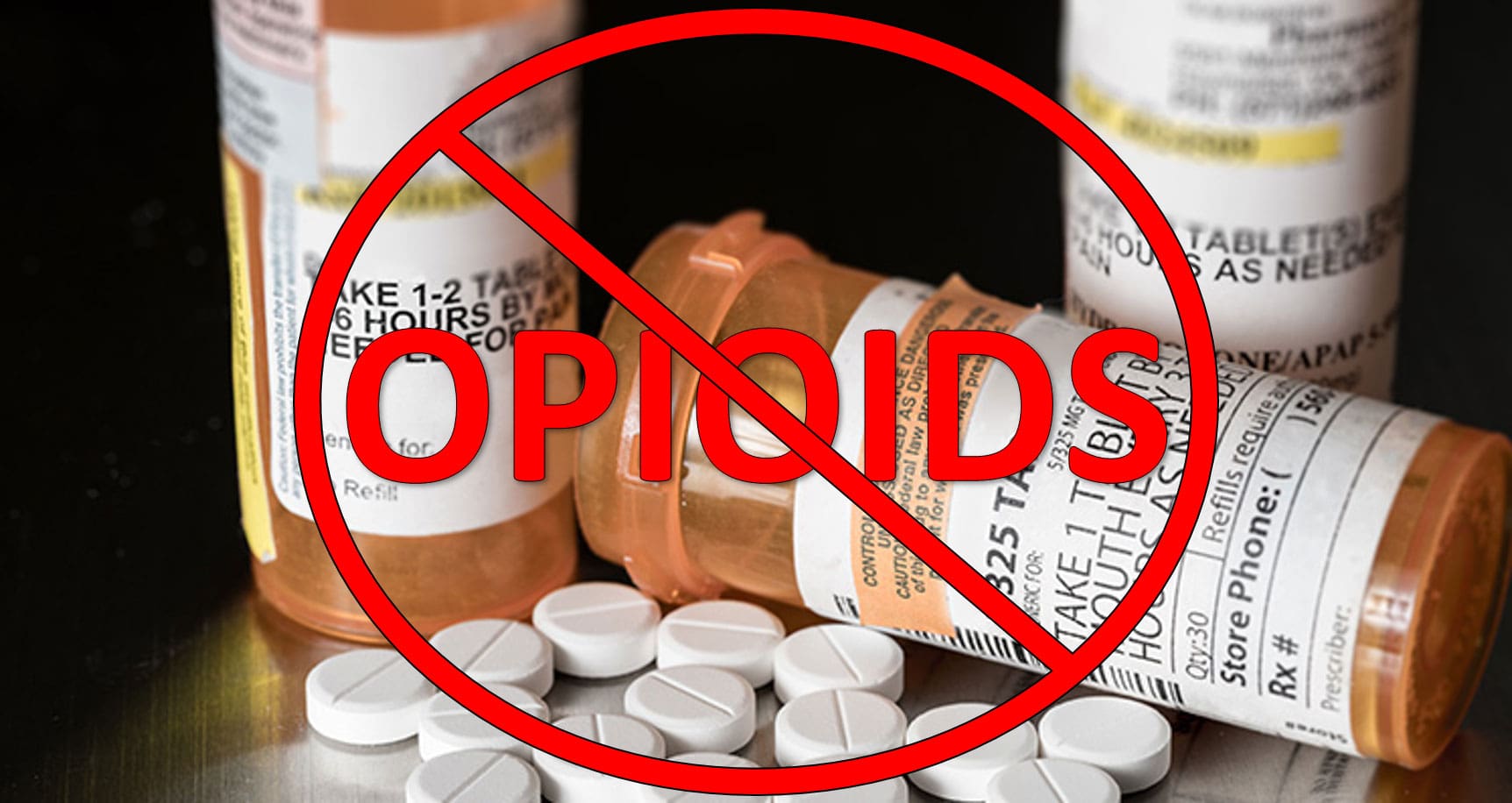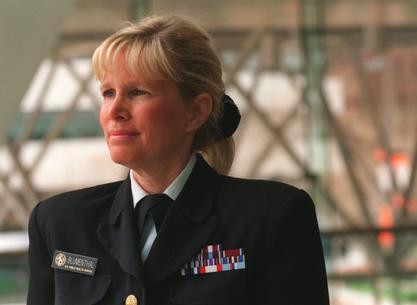Online Reports
New Horizons for a Healthy America
New Research Frontiers in Behavioral Medicine
A 21st Century Roadmap for Advancing America’s Health: The Path from Peril to Progress
SNAP to Health: A Fresh Approach to Strengthening the Supplemental Nutrition Assistance Program
Palestine/Israel Health Initiative Brochure
Peace Through Health: A Mapping of Cooperative Health Programs in Palestine and Israel
From Missiles to Mammograms: A Capitol Hill Briefing and Report, September, 1996
New Frontiers in Breast Cancer Imaging and Early Detection, October, 1994
Health and Medicine Initiatives:
The New America Health Policy Program examines health issues including strengthening the current federal architecture for health and medicine in America; health reform initiatives; health disparities; food insecurity, obesity, and the growing chronic disease epidemic; sex differences in disease; biomedical research; health information technology; and advancing global health. Another program focus is exploring health diplomacy as a foreign policy tool.
The Commission on U.S. Federal Leadership in Health and Medicine: Charting Future Directions
Between Nov. 2008 and 2012, the Commission on U.S. Federal Leadership in Health and Medicine: Charting Future Directions considered health and medical policy challenges as well as opportunities to improve health. Comprised of sixty members from diverse sectors, including the health policy community, academia, research, media and the private sector, the Commission drew on its members’ expertise to develop recommendations for policymakers and the American public to advance the health of our nation and world. The Commission was co-chaired by Rear Admiral Susan Blumenthal, M.D., M.P.A. (ret.), Director of CSPC’s Health and Medicine Program and former U.S. Assistant Surgeon General, and Denis A. Cortese, M.D., Emeritus President and former CEO of Mayo Clinic. The Commission’s first report, New Horizons for a Healthy America: Recommendations to the New Administration was released on April 20, 2009.
In June 2009, the Commission formed four Working Groups to explore strategies for 1) re-engineering America’s health care system; 2) advancing public health in the United States; 3) strengthening medical and public health research in the United States; and 4) promoting global health and health diplomacy, highlighting ways in which the Federal government and its leaders can partner with the public to achieve a healthier America in the years ahead. The Commission rolled out its second report, A 21st Century Roadmap for Advancing America’s Health: The Path from Peril to Progress, on May 5, 2010 at the National Press Club. The Commission has convened briefings and utilizes new media strategies to disseminate its findings and recommendations.
Reports:
New Horizons for a Healthy America: Recommendations to the New Administration – Blumenthal, S. and Cortese, D. (eds), April, 2009
21st Century Roadmap for Advancing America’s Health: The Path from Peril to Progress – Blumenthal, S. and Cortese, D. (eds), May, 2010
SNAP to Health: Improving Nutrition in the Supplemental Nutrition Assistance Program
The Food Stamp Program was established in 1964 to achieve a more effective use of agricultural overproduction, strengthen the agricultural economy, and address hunger and food insecurity in America. In 2008, it was renamed the Supplemental Nutrition Assistance Program (SNAP) to increase the focus on nutrition, yet this name change was not paired with significant policy changes to improve nutrition and prevent obesity for program participants. Today, SNAP is the largest federal food assistance program in the United States, costing $75 billion in FY2011 and enrolling a record 46.2 million Americans (15% of the population) as of April 2012, 50% of whom are children. As currently structured, SNAP does not offer significant incentives to encourage the purchase of healthy, nutritious products, makes little use of its buying power to promote a healthier food marketplace, does not collect data, and places few limits on the types of food or beverages bought. With 1 in 6 Americans experiencing food insecurity and 68% of Americans currently overweight with a threefold increase in childhood obesity since 1980, SNAP must be modernized to address these dual public health threats in America. By promoting strategies to incentivize healthy food purchases and improve program standards at the retail level, this project seeks to promote opportunities for emphasizing health and nutrition in SNAP. The interdisciplinary project team includes experts in federal and state health policy, nutritional epidemiology, agricultural economics, and health communications who conducted activities, including: 1) designed and implemented a survey of stakeholder groups to identify barriers and opportunities for improving nutrition for SNAP beneficiaries; 2) conducted the first statistical analysis of NHANES data to determine the current effects of SNAP on its young beneficiaries, ages 4-19; 3) developed policy recommendations to strengthen SNAP now and in the future; 4) designed and launched an interactive website that serves as a “virtual town hall” (www.snaptohealth.org) for public discourse on improving nutrition in SNAP; and 5) convened a Capitol Hill Educational Briefing on July 18, 2012, where a policy report of the project’s findings was released.
Palestine/Israel Health Initiative: Advancing Trust and Reconciliation Among Palestinians and Israelis
Health is essential to the economy, well-being, national security, and future of the Middle East region. The Palestine/Israel Health Initiative (PIHI) is a central component of the Center for the Study of the Presidency’s program “Advancing Trust and Reconciliation in Israel and Palestine,” supported by the U.S. Agency on International Development (USAID). The health and medicine component of this USAID-sponsored initiative focuses on using health as a bridge to further knowledge, cooperation, trust, and understanding between Israelis and Palestinians. Countries cannot achieve political stability or flourish economically with unhealthy people. Health is a common currency in this region of the world to help achieve a better future — reducing inequalities that lead to mistrust and building the relationships between people that can serve as pillars for peaceful co-existence.
The goal of the Palestine/Israel Health Initiative has been to foster collaboration and facilitate interaction between health and medical experts in Palestine and Israel to improve the health of people in the region as well as to promote increased cooperation and understanding. As a first stage, the Initiative convened a series of meetings and working group sessions during the winter and spring of 2008 which brought together Palestinian, Israeli, and U.S. health experts to discuss areas of common concern and priorities in the region. It produced a set of recommendations on strengthening health systems in the area through cooperative activities and a selected inventory of ongoing projects.
Peace Through Health: A Mapping of Cooperative Health Programs in Palestine and Israel
Health can serve as a bridge to peace. Countries cannot achieve political stability or flourish economically with unhealthy people. Over the past decade, however, restrictions on mobility and a tense political climate have rendered cooperative “peace through health” programs between Palestinian and Israeli health experts quite challenging. Yet despite persistent political and geographic constraints, innovative and committed Palestinian and Israeli professionals have continued to work together in the fields of public health and medicine.
During the first phase of its work, the Palestine/Israel Health Initiative (PIHI) (supported by a planning grant from USAID), identified and mapped over forty cooperative health projects between Palestinians and Israelis that are operating in the region, many of which were unaware of other organizations’ existence and mission. Faced with significant physical barriers to intergroup peace efforts in the area, some organizations in other sectors of development—such as youth education—have turned to the Internet and to web social networking tools to facilitate cooperation across divides. However, these tools have been underutilized in the health sector, but hold promise to promote peaceful and productive cooperation between Palestinian and Israeli professionals and scientists. PIHI undertook a two-pronged project that 1) mapped forty health initiatives between Palestinians and Israelis underway in the region, and 2) explored the power of information technology (IT) to bring together medical professionals in the area with the goal of advancing health.
The project produced the publication: Peace Through Health: A Mapping of Cooperative Health Programs in Palestine and Israel.








